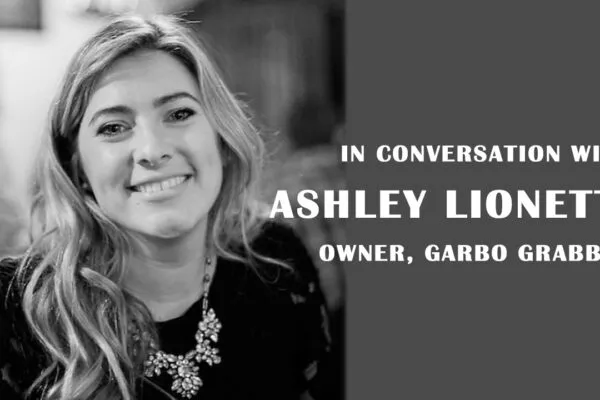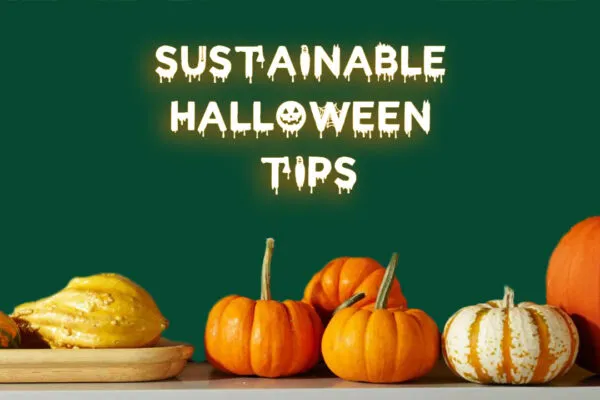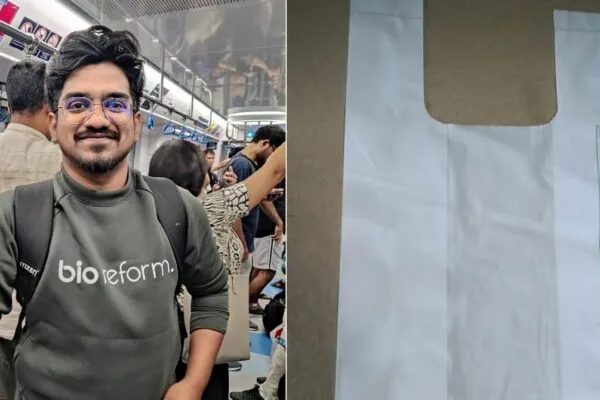These Novel Initiatives are Saving Our Oceans from Plastic Plague
Plastic has ailed our planet ever since its invention, and there doesn’t seem an end to this problem. The non-biodegradable product has seeped deep into the earth, traveled to the bottom of the ocean, and polluted the very air that living beings breathe. Ending the reign of plastic has become imperative for the health of the planet and all its inhabitants. However, humankind has become aware of the impacts of its actions on ecosystems. People have been raising awareness about plastic pollution and many initiatives have been saving our oceans from plastic.
Many innovative inventions have also helped in the reduction of plastic waste. These inventions have provided means to clean up the oceans and recycle the ocean plastic in order to give the material a second lease of life, preventing it from ending up in landfills or oceans.
Upcycling plastic waste has emerged as a wonderful way to get rid of plastic waste, without letting it pollute the environment. There are an estimated 600,000 tonnes of old fishing ropes, lines and nets that are discarded or lost every year, accumulating in the water sources and choking the biodiversity. According to Greenpeace, it is one of the ocean’s worst forms of plastic pollution owing to its powers to entangle almost anything, from crustaceans to whales. And here are a few initiatives that are saving oceans from plastic pollution.
Bureo – Netting the Problem
The California-based startup, Bureo has been turning plastic waste into desirable products including skateboards and sunglasses. Bureo, whose name means “the waves” in Chilean Spanish, launched their Net Positiva program – the first-ever fishnet collection effort in Chile – and provides local fishermen with environmentally safe fishnet disposal points.
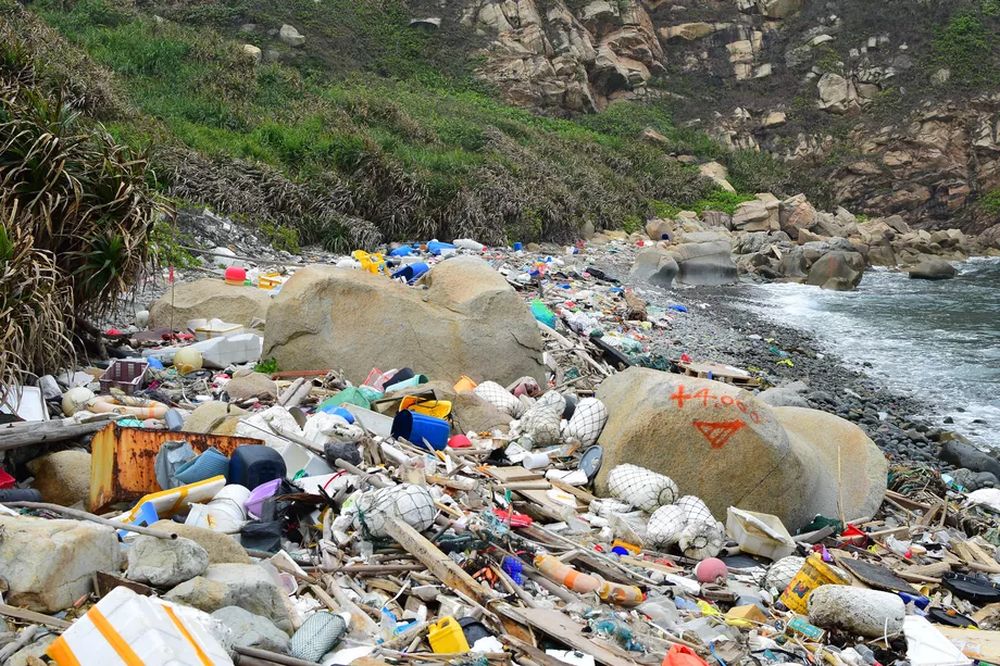
Many initiatives are saving the oceans from plastic pollution | Image: Ocean Conservancy
The startup gets raw materials for making plastic pellets in return, to be used later in the production of durable quality products. The company was started by three friends, born out of the founders’ growing concern for the health of the oceans.
Parley for the Oceans
Parley for the Oceans have been addressing major threats toward the oceans, the most important ecosystems of our planet. Parley has been created to accelerate a process of change that is already in progress. The marine clean-up initiative, Parley, sweeps the ocean for plastics that are turned into yarn by manufacturer Bionic.
Also Read: Big Brands Pledge to Eliminate Single-Use Plastic
The plastic waste is being upcycled into Parley Ocean Plastic yarns to replace virgin plastic in making sneakers, t-shirts and athletic wear – that have become symbols for change and eco-innovation. Initiatives like these are just a few of the ways Parley is fulfilling its vision and strategy for a future without marine plastic pollution.
Underwater Robots
Automated devices have come as a great help in the battle against ocean plastic. Recently a fully autonomous craft called the Mayflower Autonomous Ship (MAS) has set sail across the Atlantic. Using AI and ‘research pods’ from the University of Plymouth, the solar-powered MAS will run experiments to monitor sea mammals and marine microplastics. The MAS team is exploring new ways to collect ocean data, which will further help in ocean clean-ups.
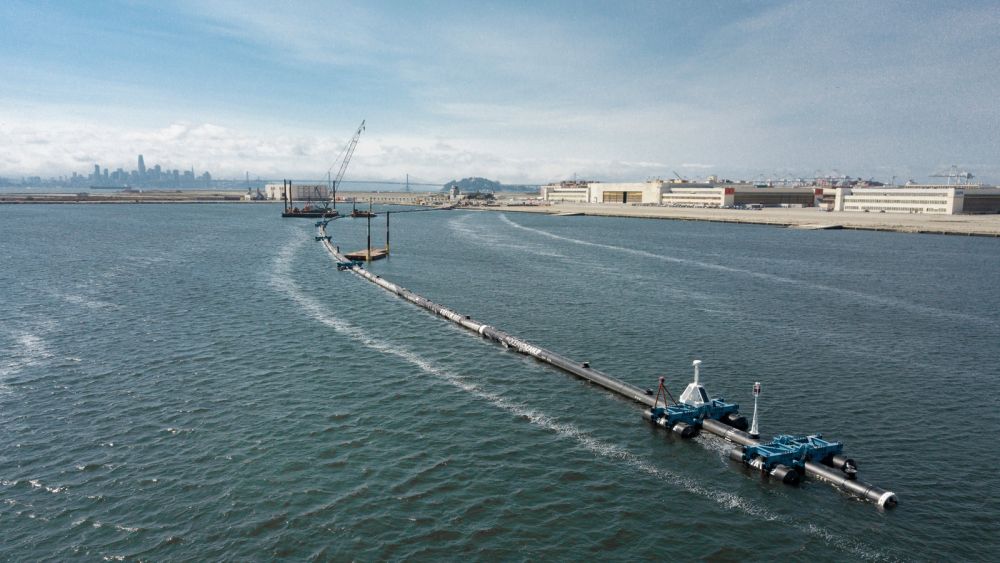
Floating booms are collecting floating plastic debris | Image: The New York Times
A Texas-based startup, Terradepth has created a fleet of autonomous robots. The company aims to display its technology to rid the oceans of plastic pollution. While Terradepth robots are likely to be hired for a range of mapping and scanning purposes, they also promise to help customers “make informed, ecologically responsible decisions regarding the world’s ocean.”
Other Effective Ways
One of the most effective ways of capturing plastic waste is ‘biofencing’ – which is as simple as plastic bottles meshed together to form barriers that trap waste, often other plastic debris. This collected waste can be later disposed of properly at the recycling plant, and enable local economies as well.
While not all waste can be captured by biofencing, waste drones have come as an aid. For more congested settings like harbors and ports, devices like the WasteShark. This water-based drone – created by the Dutch technology company, RanMarine – collects plastics as well as biowastes and other debris.
Also Read: Ocean Cleanup Interceptor to Clean 1000 Polluted Rivers Globally in Five Years
The WasteShark is designed to operate mainly in waterways and allows customers to monitor the marine environment. These drones can carry up to 200 liters of waste, can operate in swarms, and return periodically to pods where they charge themselves.
Ocean Cleanup
The Dutch-based non-profit organization has set out with a focused mission to gather 90 percent of plastic from the oceans by 2040. Some time ago, the organization announced that it had developed the first scalable solution to resourcefully capture plastics in rivers before it reaches the oceans.
The solar-powered system, developed in conjunction with consultancy Arcadis, has been designed to accumulate plastic waste autonomously. Ocean Cleanup is one of the best-known startup fighting ocean plastic.
Ichthion Removing Ocean Plastics
This initiative was born out of an idea developed at London’s Imperial College. Ichthion’s solution removes large quantities of plastics from rivers and oceans. The company has created three types of technology streams – Azure, Cobalt and Ultramarine.
Azure is an improved barrier designed to be deployed in rivers to prevent plastics waste from reaching oceanic ecosystems. Cobalt, the self-cleaning system, uses the motion of infrastructure to remove plastic pollution from marine environments. Ultramarine technology is designed to be retrofitted to large shipping vessels.
Seabin Project
It’s exactly what the name suggests – putting floating garbage bins into the water to collect plastics and other waste debris. It is specifically designed to be used in marinas, docks and commercial ports.
The floating bins go up and down with the tide, and collect waste and debris in a bag inside it. The water is filtered through with a submersible water pump displacing clean water afterward. The makers also claim that the Seabin can filter a percentage of oils and pollutants floating on the water surface.
4Ocean Cleaning the Waters
4Ocean has taken a different take on dealing with the problem of ocean plastic – by selling bracelets in order to clean the oceans. With each $20 bracelet sold, the firm commits to removing one pound of rubbish from the oceans and coastlines, and this project is presently active in 27 countries around the world.
Also Read: Ocean Plastic Has Potentially Disastrous Effects on Marine Species
4Ocean began with two surfers, who decided to make a difference after witnessing fishermen dragging their boats through a sea of plastic. The project uses people-power ahead of technology, with boats used to gather waste at sea and traditional methods to pick up plastic on the beaches.
Anna Du’s Microplastic Removing Rover
This innovative invention was designed by Anna Du, a 6th grader who decided to do something about the 5 trillion pieces that currently plague the oceans. She designed a robot, which is a remotely operated vehicle (RAV), employing infrared light to detect and hunt microplastics.
It comprises 2 different systems, a navigation system that directs it through water, and a recognition system that uses a high-resolution infrared camera to find the plastic.
Ban on Plastic Campaigns
Ban on plastic campaigns has gained momentum in recent years, as people have become aware of the harmful impacts of the plastics that are slowly damaging the ecosystems. Over 100 nations have now banned plastic bags, with Africa being one of the most committed continents. Some of the campaigns that led to the prohibition of plastic bags have started small and took years to reach their destination.
The Indian government has imposed a ban on plastic bags – which eventually end up in oceans and trap marine species – and many states handsomely fine the violators. At the beginning of this past decade, Indian authorities have been working hard to eliminate single-use plastics, especially plastic bags.
In 2018, the Indonesian Island of Bali banned single-use plastic bags. The move was due to the large contribution of a long campaign by two teenage sisters from eth country, who have since inspired many across the globe.
